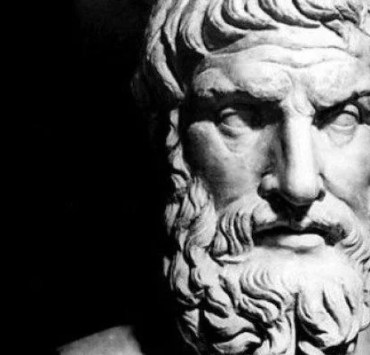Egypt: The Gold of the Gods

The ancient Egypt was a civilisation that was renowned for its rich culture and its profound reverence for the divine. This characteristic is particularly evident in the importance they attributed to gold, considered “the skin of the gods”. This belief permeated many aspects of their society, from their religion to their economy and politics. In ancient Egypt, gold became a symbol of power and divinity, reserved for the pharaohs and used in the most sacred religious ceremonies.
In ancient Egypt, gold was seen as a symbol of divinity and cosmic strength. In the Egyptian cosmogony, it was believed that gold was the flesh of the gods. Ra, the sun god and one of the most venerated deities, was described as a being of gold. This association between gold and the divine underscored the sacred importance of this metal and its role in connecting gods and humans.
[perfectpullquote align=”full” bordertop=”false” cite=”” link=”” colour=”” class=”” size=””]In the Egyptian cosmogony, it was believed that gold was the flesh of the gods. Ra, the sun god and one of the most venerated deities, was described as a golden being.[/perfectpullquote]Gold was used in a variety of religious contexts. For example, it was used in the creation of amulets and statuettes that were placed in tombs to protect the dead on their journey to the beyond. In addition, gold was used in the construction and decoration of temples, as well as in the creation of religious relics.
Pharaohs were considered living gods and, therefore, their association with gold was vigorous. They wore gold jewellery and were surrounded by golden objects as a way to display their divine status. As embodiments of the gods on earth, they wore gold crowns symbolising their divine authority and power. In addition, as “divinities”, they were often buried with a large amount of gold objects, serving to both demonstrate their wealth and status in this life and to ensure their security and comfort in the next.
One of the most famous examples of the relationship between pharaohs and gold is the funerary treasure of Pharaoh Tutankhamun. This young pharaoh, who ruled during the New Kingdom period, was buried with an incredible amount of gold objects, including his famous gold funerary mask.
Gold did not only have a religious meaning in ancient Egypt, but it was also a symbol of power and status. High-ranking officials and priests also wore gold jewellery as a way to demonstrate their rank and their closeness to the pharaoh. Gold objects were valuable not only for their association with the divine, but also for their rarity and their beauty.
In addition, gold played a crucial role in the Egyptian economy. Ancient Egypt was rich in gold mines, and controlling these mines was a significant source of power and wealth for the pharaohs. Gold was used for trade, especially with foreign civilisations, and also to finance construction projects and wars. Egyptian gold was not only used domestically, but was also traded with other ancient civilisations, such as the Phoenicians and the Hittites. This trade allowed Egypt to obtain other valuable goods in exchange for gold, strengthening its position as an economic and cultural power in the region.
The acquisition of gold in ancient Egypt was primarily carried out in the mines of the Eastern Desert, where both native gold and gold-bearing quartz deposits were mined. Gold mining was a strategic activity tightly controlled by the government, and the workers involved in this task were considered an essential part of the Egyptian economy.
Apart from its symbolic and religious value, gold also had practical applications in Egyptian society. Egyptians used gold to manufacture jewellery, ritual objects, amulets, and utensils. The Egyptian goldsmiths were experts at working gold and created exquisite pieces with finely crafted details.
Gold in ancient Egypt was much more than a mere precious metal. It was “the skin of the gods”, a sacred material with strong divine connotations. From religion to politics and economics, gold permeated many aspects of Egyptian society and became a symbol of the pharaoh’s power and divinity. At the heart of this fascination with gold lies a belief in its magical power and its connection with the divine, a belief that defined ancient Egyptian civilisation and continues to fascinate us today.
Share/Compártelo
- Share on LinkedIn (Opens in new window) LinkedIn
- Share on WhatsApp (Opens in new window) WhatsApp
- Share on Facebook (Opens in new window) Facebook
- Share on X (Opens in new window) X
- Share on Threads (Opens in new window) Threads
- Email a link to a friend (Opens in new window) Email
- Print (Opens in new window) Print
- More
Related
Discover more from LUXONOMY
Subscribe to get the latest posts sent to your email.

















